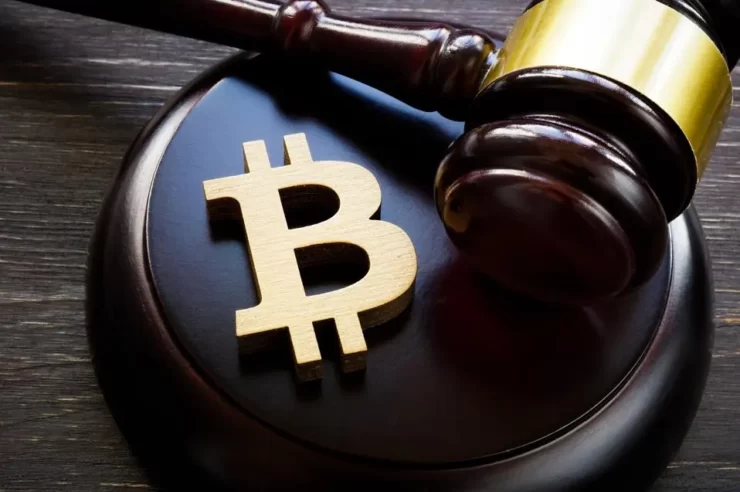As Bitcoin continues to gain prominence in the financial world, the need for regulatory oversight becomes increasingly evident. This article delves into the evolving landscape of Bitcoin regulation, its challenges, and the potential impact on the cryptocurrency ecosystem and the broader financial industry.
The Regulatory Landscape
The decentralized nature of Bitcoin has led to a lack of regulatory clarity, which has both positive and negative implications. On one hand, this decentralization is appealing to those who value financial independence and privacy. However, it also creates an environment where illegal activities, such as money laundering and fraud, can thrive.
Regulatory Challenges
The challenge of regulating Bitcoin lies in finding a middle ground between maintaining its core principles of decentralization and trustlessness while ensuring consumer protection and financial stability. These challenges vary from country to country, but common regulatory concerns include:
- Anti-Money Laundering (AML) and Know Your Customer (KYC) Compliance: Regulators aim to prevent illegal activities, like money laundering and terrorist financing, by requiring Bitcoin businesses to implement AML and KYC practices.
- Taxation: The taxation of Bitcoin transactions is a complex issue. It involves determining whether Bitcoin should be treated as a currency, commodity, or something else. This has implications for capital gains and income tax.
- Consumer Protection: Protecting consumers from fraud and scams is a top priority. However, overregulation could stifle innovation in the space.
- Market Integrity: Ensuring that Bitcoin markets are free from manipulation and fraud is crucial for the credibility of the digital asset.
National and International Approaches
Different countries have adopted various approaches to Bitcoin regulation, ranging from outright bans to open and accommodating policies. For example:
- China: China has imposed strict regulations on Bitcoin, including banning initial coin offerings (ICOs) and crypto exchanges.
- United States: The U.S. has taken a multifaceted approach, with agencies like the SEC and CFTC regulating aspects of the cryptocurrency market. Various states have also introduced their own regulations.
- European Union: The EU has been working to establish a unified regulatory framework for cryptocurrencies to encourage innovation while preventing illegal activities.
- Japan: Japan has embraced cryptocurrency regulation by licensing and regulating exchanges to ensure the protection of consumers.
Impact on the Crypto Ecosystem
The impact of Bitcoin regulation on the cryptocurrency ecosystem is multifaceted. On the positive side, regulation can provide legitimacy and attract institutional investors, leading to increased adoption and price stability. However, overregulation can stifle innovation, push businesses offshore, and deter individual investors.
The Future of Bitcoin Regulation
The future of Bitcoin regulation remains uncertain, but a few trends are emerging:
- International Coordination: As the cryptocurrency market is global, international coordination on regulation is increasingly necessary. Governments are starting to work together to create a cohesive approach to cryptocurrency regulation.
- Institutionalization: With the entry of institutional investors, the need for regulatory clarity has grown. Institutional investors often require a regulated environment to participate.
- Innovation and Technology: Regulators must strike a balance between consumer protection and fostering innovation. It is essential to create regulations that allow for advancements in technology while ensuring a safe environment for users.
- Evolving Legislation: Expect legislation to evolve as governments and regulatory bodies gain a deeper understanding of the crypto space.
Conclusion: A Balancing Act
Bitcoin regulation is a complex and evolving challenge. Striking the right balance between consumer protection, innovation, and market integrity is essential for the future of Bitcoin and the broader cryptocurrency ecosystem. As regulatory frameworks continue to develop, they will play a significant role in shaping the path of legitimacy for Bitcoin and other digital assets. The challenge is to find a harmonious coexistence between regulation and the principles of decentralization and financial freedom that Bitcoin represents.



